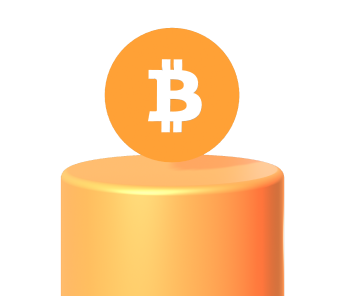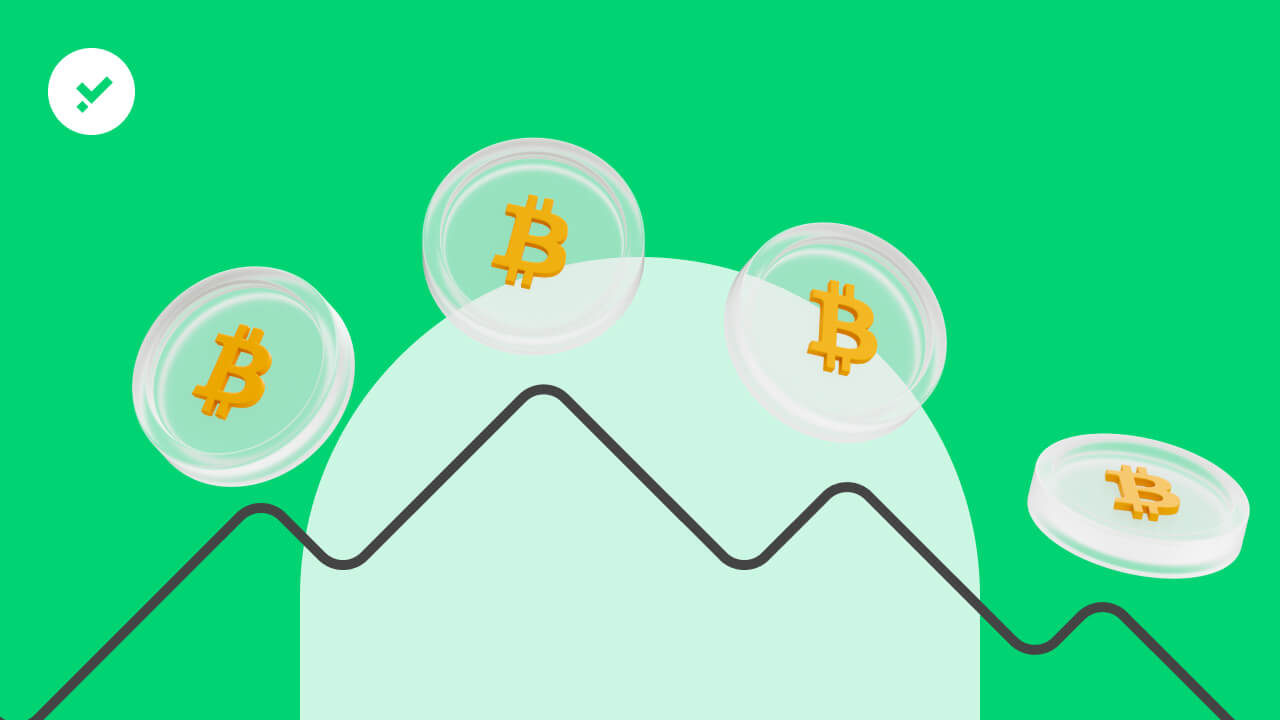The price of Bitcoin has grown exponentially over the years, what have been the main milestones in its history?
The history of Bitcoin’s price has been quite eventful, marked by both bullish and bearish periods. From its inception in 2008 to the present day, several significant events have influenced its value and performance. Do you know the history of Bitcoin’s price from 2008 to the present? What events have most influenced its value and the cryptocurrency’s performance?
What was the launch price of Bitcoin?
At the beginning of its history, when Bitcoin was created, cryptocurrency exchanges did not yet exist, so users, in order to sell or buy BTC, had to agree among themselves to establish its value by engaging in a real negotiation. The value of a crypto is determined by its conversion into fiat currency. Since transactions at the time were only done through peer-to-peer exchanges, it is impossible to trace the exact price of Bitcoin at the time of its launch.
However, we know how much BTC was worth when it was first converted into dollars on 12 October 2009. On that day, a user known on the ‘Bitcointalk’ forum under the pseudonym ‘New Liberty Standard’ bought 1,309 BTC for one dollar. Dividing one dollar by the number of BTC the user bought, we can say that the price of Bitcoin started at around $0.0009. Today, the value of the cryptocurrency is about 70 million times its initial value.
So, let’s examine the main stages in Bitcoin’s price history to understand how it established itself and what difficulties it has faced.
From Bitcoin Pizza Day to the birth of the first exchanges (2009-2012)
In 2009, Bitcoin was a niche technology, a phenomenon linked to a subculture of computer engineering and had no real market. The first time it was used to purchase a ‘real world’ asset was on 22 May 2010; on that day, a user on the Bitcointalk forum bought two pizzas from the American fast food restaurant Papa John’s for 10,000 BTC. This event, dubbed ‘Pizza Day’, has become a real holiday that crypto enthusiasts remember yearly.
2010 also saw the birth of BitcoinMarket.com, a rudimentary website that allowed its users to exchange BTC, which shut down the following year. In 2011, however, the crypto world’s first exchange was launched: Mt.Gox. The birth of Mt.Gox drew attention to cryptocurrency by making it easier to buy. In February 2011, the price of Bitcoin reached $1, while in July of the same year, one BTC was already worth $15.
From 2012 to 2015: the first bull market and the Mt.Gox hack
2012 was a bad year for the Bitcoin price story. From the high of $15 touched in July 2011, the value of BTC fell dramatically to $3, a zone on the chart in which it was caged until the beginning of 2013. With the new year, however, the cryptocurrency changed gears completely, thanks to a great wave of interest in the sector. The first crypto bull market in history had begun!
In 2013, the price of Bitcoin rose from $12 to $1,000, driven by some Chinese institutional investors and companies that started accepting it as a payment method.
But then came the first crypto bear market in history, coinciding with the hacker attack suffered by Mt.Gox on 24 February 2014. Then, during the summer of 2015, when some institutional investors, such as Goldman Sachs and Nasdaq, approached these new technologies, the market rebounded.
Buy Bitcoin
On 30 July 2015, Ethereum was launched through an ICO, and a new bullish phase began for Bitcoin’s price, around $400.
2016 to 2021: the second halving and COVID-19
The second halving on 9 July 2016 breathed new life into the price of Bitcoin, which had already started its upward movement in the summer of 2015. The bull market of 2017 was explosive. From the $1,000 zone, it was in January BTC reached $20,000 by the end of the year. In that period, media interest in cryptocurrencies grew considerably: the first ETF on Bitcoin was approved in the United States, the Chinese government regulated crypto trading, and several companies, including Microsoft and Dell, chose to accept BTC as a payment method.
In 2018, Bitcoin’s value plummeted from a high of $20,000 to $3,000, stabilising at around $3,700 at the end of the year. 2019, the year in which the cryptocurrency’s 10th anniversary was celebrated, was also not good due to the failure of the exchange Quadriga CX and a hacker attack on Binance. Bitcoin’s price in 2019 fluctuated between $3,000 and $14,000, changing direction several times.
In 2020, the crypto market shone again, thanks mainly to the decentralised finance applications (DeFi) born on Ethereum. The collapse of Bitcoin’s price that occurred at the same time as the start of the COVID-19 pandemic was absorbed quickly. A few days later, the bull market began, taking the crypto’s value to a time high of $68,800. This period also saw the emergence of NFTs, which further boosted the whole sector.
The bear market of 2022: industry failures, inflation and the Russian-Ukrainian conflict?
Then, in 2021, after Bitcoin hit $68,000, the crypto market was hit by a series of internal negative events, such as the collapse of the Earth-Moon ecosystem and the bankruptcy of FTX. But also external: the macroeconomic crisis caused by the Russian-Ukrainian conflict and inflation.
These episodes also affected the value of the cryptocurrency, which reached its peak at $15,000.
From 2023 to the present: the resurrection of the crypto market
With the beginning of 2023, and thus during the last phase of Bitcoin’s price history, crypto has taken off again! In the first part of the year, BTC’s upward movement was slow, only to become more explosive at the beginning of autumn.
At the beginning of 2023, the price of Bitcoin hovered around the $20,000 level, and 10 months later, in October, in the $25,000 area. Since then, however, everything has changed. What attracted interest in the sector were the spot ETFs on Bitcoin proposed by American investment funds, which were approved in January of this year and the approaching halving.
Follow the Bitcoin price
In short, the bull market began at the start of 2024, causing strong upward movements affecting several cryptos. Bitcoin reached a new all-time high at $73,000 in March, the hottest month so far.
We may only be at the beginning of this bullish market cycle, to the extent that it should prove similar to those of the past. What impact will the halving that just took place have on Bitcoin’s blockchain? There is no crystal ball, and therefore, no one can know with certainty the targets for the current phase of Bitcoin’s price history. Will the crypto manage to reach the historic $100,000 level?



